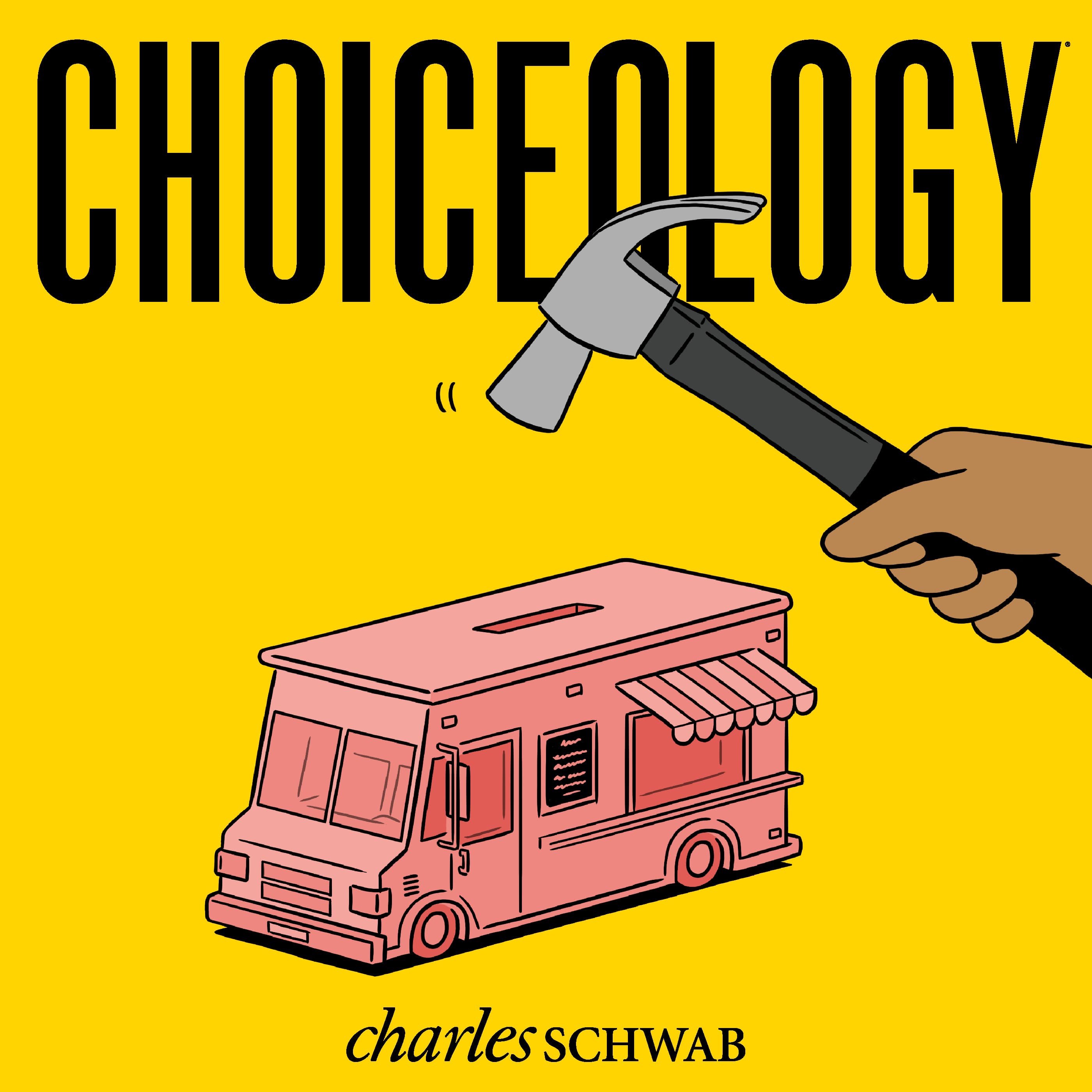Expect the Unexpected: With Guests Abigail Sussman, Howie Jeon & Greg Golden
Perhaps this scenario seems familiar. Let's say you generally do a good job of sticking to your monthly budget, but a rare opportunity arises—maybe a favorite musical artist is in town, or you've been invited to a friend's 25th anniversary event—and you blow past your regular spending limit. It's all right—you'll just have to tighten your belt a bit next month. But then your phone stops working, and you have to buy a new model. And now your car needs an expensive repair. Again, these are not ordinary expenses, so you chalk it up to life and go back to your usual budget. And then the invitation to a destination wedding arrives …
In this episode of Choiceology with Katy Milkman, we explore a common error around the way individuals and organizations categorize seemingly exceptional expenses.
Food trucks have come a long way since their humble beginnings as purveyors of meat pies and coffee for day laborers. Today, there's a stunning variety of culinary options: from simple french fries to French haute cuisine, from ice cream to iced lattes, from Vietnamese pho to Mongolian pot stickers. And while these businesses may seem relatively straightforward to run, food trucks and small restaurants run into their fair share of unexpected costs.
You hear from two food truck entrepreneurs. Greg Golden runs the delightful Mustache Pretzels, which he built from the ground up in Phoenix, Arizona. Greg was confident in his idea and his product but quickly ran into a series of financially painful setbacks on his way to a thriving business.
Howie Jeon started his food truck business, Yumpling, with two partners and found success providing Taiwanese-inspired dumplings and other fusion fare to the lunch crowd in Manhattan. But when it came time to expand into a permanent brick-and-mortar restaurant, Howie and his partners faced a litany of challenges, not least of which was a global pandemic.
Abigail Sussman joins Katy to discuss the ways in which we tend to dismiss or miscategorize expenses that fall outside of our regular budgets. These categorization errors can have a profound impact on businesses large and small—and also on personal budgets. You'll hear about strategies to help deal with this tendency and to better prepare for expenses that seem exceptional but are often inevitable.
Abigail Sussman is an associate professor of marketing at the University of Chicago Booth School of Business. You can read her research paper with Adam Alter titled "The Exception Is the Rule: Underestimating and Overspending on Exceptional Expenses" for more information on the phenomenon.
Choiceology is an original podcast from Charles Schwab.
If you enjoy the show, please leave a rating or review on Apple Podcasts.
Learn more about behavioral finance.
Explore more topics
All expressions of opinion are subject to change without notice in reaction to shifting market conditions.
The comments, views, and opinions expressed in the presentation are those of the speakers and do not necessarily represent the views of Charles Schwab.
Data contained herein from third-party providers is obtained from what are considered reliable sources. However, its accuracy, completeness or reliability cannot be guaranteed.
The book How to Change: The Science of Getting from Where You Are to Where You Want to Be is not affiliated with, sponsored by, or endorsed by Charles Schwab & Co., Inc. (CS&Co.). Charles Schwab & Co., Inc. (CS&Co.) has not reviewed the book and makes no representations about its content.



